detail profile fr c3 a9d c3 a9ric mariotti
Peran Yang Di Mainkan Frédéric Mariotti
 Suppose lost and found objects could...
Suppose lost and found objects could...Lost Souvenirs 1950
Suppose lost and found objects could talk... But they can! At least four of them... : -A statuette of Osiris remembers how two ex-lovers, a model and a good for nothing who claimed to be an Egyptologist, met again one Christmas Eve. -A violin has things to say about Raoul, a humble policeman who lost Solange, a widowed grocer he loved, to a god-dam seducing busker also named Raoul. -A scarf was witness to an eerie romance between a young madman and girl he had saved from suicide. -A funeral wreath lets us know how it caused a young woman to believe her lover dead. After having told their respective story, the objects return to their customary stillness.
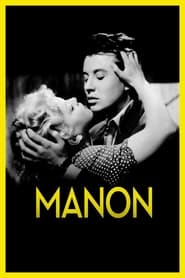 Port of Marseille France recently liberated...
Port of Marseille France recently liberated...Manon 1949
Port of Marseille, France, recently liberated from the German yoke. Caught as stowaways aboard a ship, Manon, a young woman who was accused of collaborating with the Nazis, and Robert, a freedom fighter who saved her from reprisals, tell the captain about the many challenges they have had to face in order to survive.
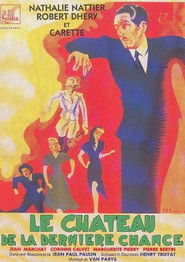 Rather than commit suicide it is...
Rather than commit suicide it is...Last Chance Castle 1947
Rather than commit suicide, it is better to stay at the clinic of Professor Patureau-Duparc. This practitioner experiments on his clients with a serum that modifies their personality. Thus Yolande and Albert become new Romeo and Juliet. They end up marrying each other after having regained their primitive selves. Their married life is then a hell and they welcome with joy the proposal of a new injection of serum.
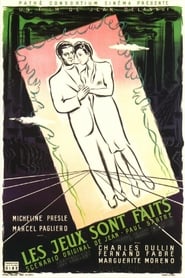 Les jeux sont faits is a...
Les jeux sont faits is a...The Chips Are Down 1947
"Les jeux sont faits," is a fantasy film based on a screenplay by French existentialist philosopher Jean-Paul Sartre. A society heiress and a resistance fighter are tragically killed at the same moment and meet in the afterlife. They are offered a second chance at life if they can prove their love is real or be doomed to roam the earth as ghosts.
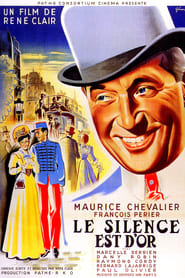 Emile is a French film producer...
Emile is a French film producer...Silence Is Golden 1947
Emile is a French film producer at the beginning of the century. One of his friends leaves his daughter Lucette in his house, when he is starting a tour through France. Emile falls in love with her. Problems starts when his younger friend Jacques come back from military service and after complaining his misfortune with women, follows Emile's advice in starting affairs with women and he meets Lucette.
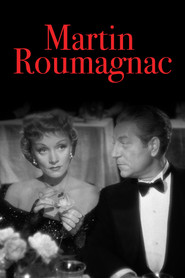 The local buildingcontractor Martin Roumagnac is...
The local buildingcontractor Martin Roumagnac is...Martin Roumagnac 1946
The local building-contractor Martin Roumagnac is fascinated by the fashionable Blanche Ferrand. To impress Blache, Martin presents her with a villa. However, this ruins him financially. Despite Martin's many efforts for the now femme-fatal Blanche, she is not able to chose between him and the rich consul De Laubry.
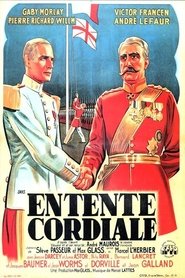 The film depicts events between the...
The film depicts events between the...Cordial Agreement 1939
The film depicts events between the Fashoda crisis in 1898 and the 1904 signing of the Entente Cordiale creating an alliance between Britain and France and ending their historic rivalry. It was based on the book King Edward VII and His Times by André Maurois. It was made with an eye to its propaganda value, following the Munich Agreement of September 1938 and in anticipation of the outbreak of a Second World War which would test the bonds between Britain and France in a conflict with Nazi Germany.
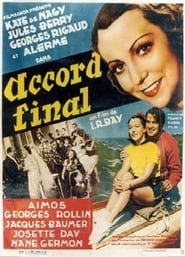 A famous violinist enlists in a...
A famous violinist enlists in a...Final Accord 1938
A famous violinist enlists in a music school in order to woo one of the students.
 The scene of action embraces Tangier...
The scene of action embraces Tangier...S.O.S. Mediterranean 1938
The scene of action embraces Tangier, Toulon and the Mediterranean, where Pierre Fresnay, Rolf Wanka and Kim Peacock, cast as captains of French, German and English boats, respectively, unite to rescue the passengers of a neutral boat that is about to be engulfed in a cloud of poison smoke released by a smuggling ship.
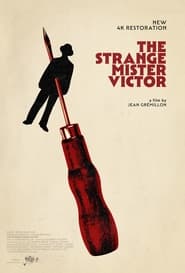 Outwardly Monsieur Victor would appear to...
Outwardly Monsieur Victor would appear to...The Strange Monsieur Victor 1938
Outwardly, Monsieur Victor would appear to be the model citizen. A respectable Toulon shopkeeper, he has a devoted wife and is courteous and considerate to all who know him. However, beneath this veneer of respectability hides a notorious receiver of stolen goods, who trades with hardened criminals. Victor manages to keep up his double life without any difficulty until the fateful day when one of his partners in crime threatens to expose him. Fearing a scandal, Victor kills the crook in a moment of panic, using a shoemaker's tool. Naturally, the murder is blamed on a local shoemaker, who is sentenced to ten years' hard labour. Seven years later, the former shoemaker reappears in Toulon, having escaped from prison. The first person to recognise him is Monsieur Victor...
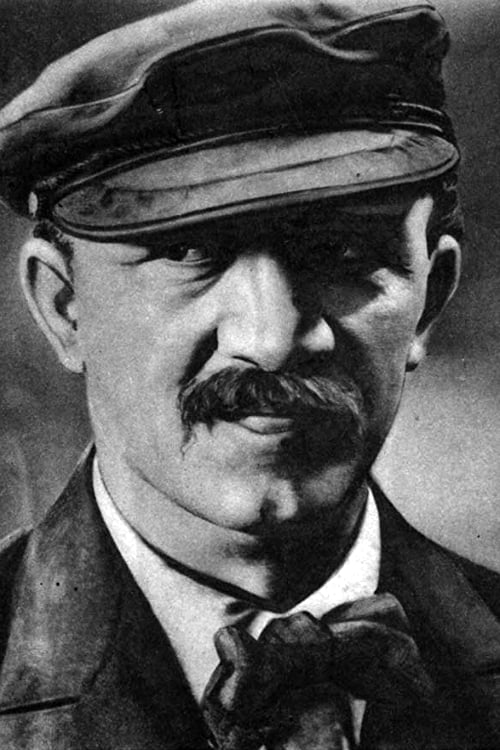
 Elsa Lundenstein is accused of having...
Elsa Lundenstein is accused of having...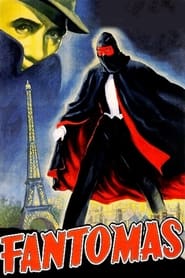 The invincible bandit faces his daughter...
The invincible bandit faces his daughter...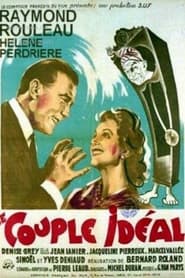 Diavalo is the popular hero of...
Diavalo is the popular hero of... In France in 1930 a supervisor of...
In France in 1930 a supervisor of...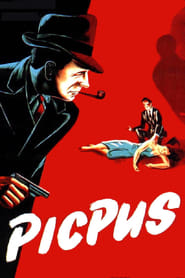 Picpus is a street and a...
Picpus is a street and a...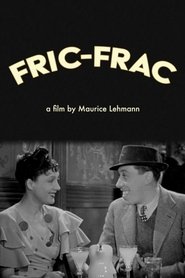 An employee at a jewelry store...
An employee at a jewelry store...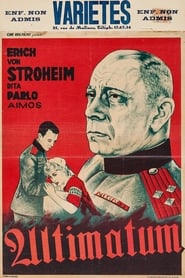 About the assassination of Archduke Franz...
About the assassination of Archduke Franz...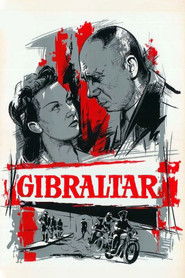 A British officer poses as a...
A British officer poses as a...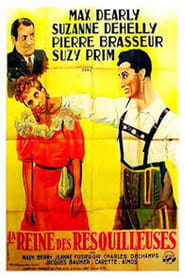 A young unemployed girl pretends to...
A young unemployed girl pretends to...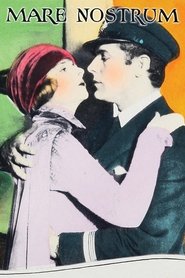 The story of a female German...
The story of a female German...